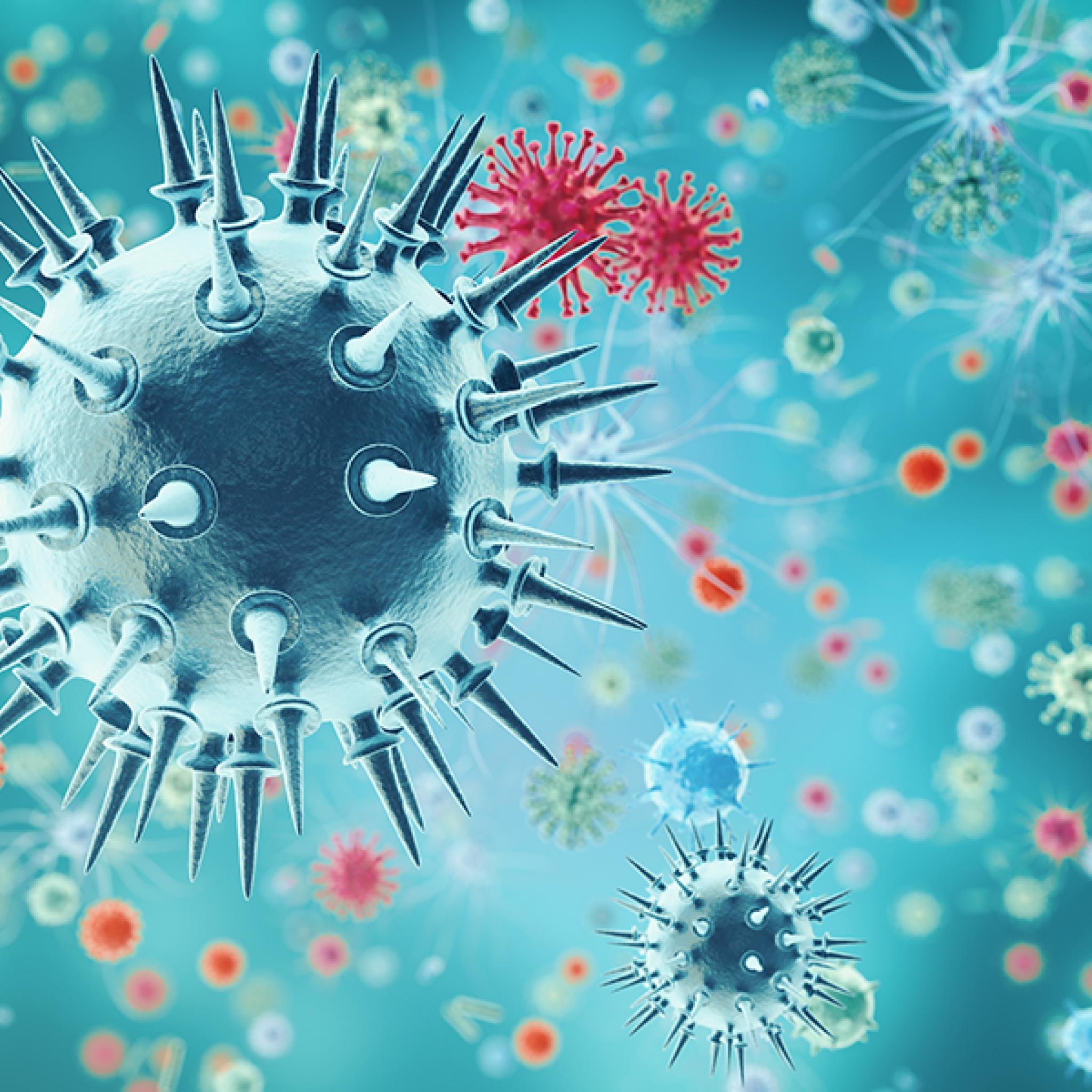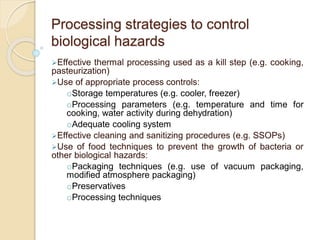biological hazards in food processing
Dence based food safety system. The processing of animal products can lead to viral and bacterial pathogens.
Fruit pips stems and stones.
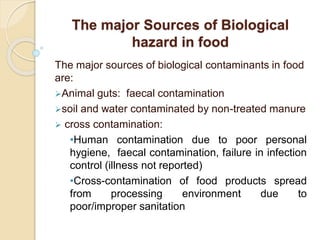
. There are four primary categories of food safety hazards to consider. Cooking and processing in general can remove or inactivate many chemicals. Some of these many risks include.
Trapped juices or pieces of food in the storage area can also start as a cause of accumulating biological hazards. Potential biological hazards need to be identified and the risk of microbial growth assessed. The implementation of Good.
Pathogenic Clostridium and Bacillus need to multiply to high numbers or produce toxins in the processed fruit and vegetables to cause diseases in contrast to some. Bones in fish and meat. At ambient conditions milk has.
Certainly many food raw materials contain chemicals which if consumed in excess might lead to health problems. The most effective way to control biological hazards is by prevention. Chemical hazards in milk and dairy products includes mycotoxins plant toxins pesticides residues heavy metals cleaning detergents etc.
Cross-contamination of food products spread from processing environment due to poorimproper sanitation Biological Hazards Biological hazards are organisms or substances produced by. MHs can easily contaminate raw material food products during processing via contact surfaces or food handlers or the end products because they are ubiquitous in the air. Bacteria Viruses Fungi moulds and yeasts Parasites.
Biological chemical physical and allergenic. Biological hazards l Bacterial infections Live organisms invade and. Understanding the risks associated with each can.
These physical hazards are more dangerous and should not be found in food. Controls include careful handling processing and storing of live birds and cattle as. First the HACCP team was assembled Task 1 gathering multidisciplinary expertise in mass rearing and processing of insects biological hazards modelling and risk.
Table 1 describes the salient differences between biological and chemical hazards. Chemical hazards are the substances that are used in processing at various levels but can lead to illness or injury if consumed at too high concentrations. Since packaging materials come.
Employees in the meat or food processing industries face numerous health and safety hazards on the job. Four Main Types of Biological Food Safety Hazards Biological Food Safety hazards can be classified into 4 main categories. The aim of this case study was to develop a HACCP plan for Tenebrio molitor larvae powders for food in a risk-based approach to support their implementation in industry.
What Are The Common Food Hazards Foodshap Blog
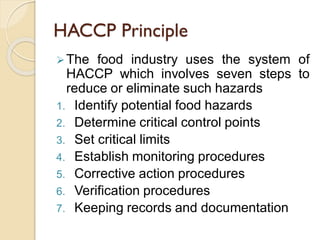
Biological Hazards In Food Processing
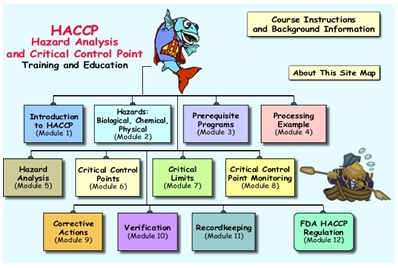
Ny Sea Grant Nysg Seafood Safety And Technology Haccp Training
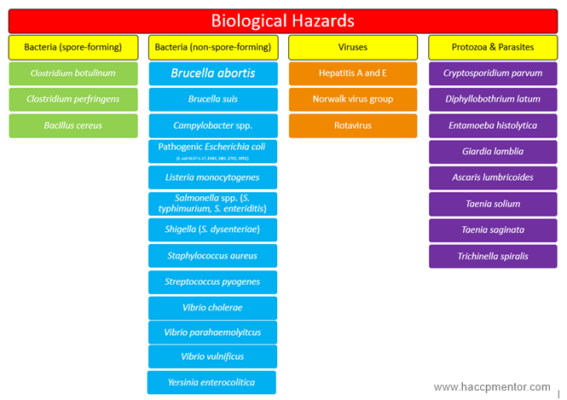
The Ultimate Guide To Food Safety Hazards Haccp Mentor
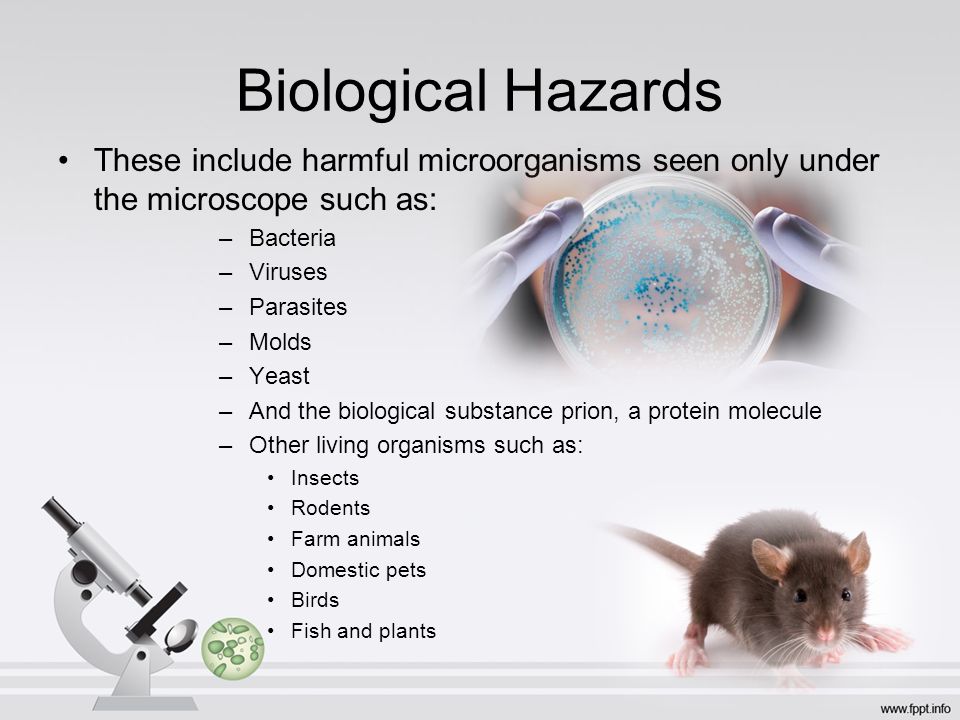
Chapter 4 Biological Hazards Ppt Download
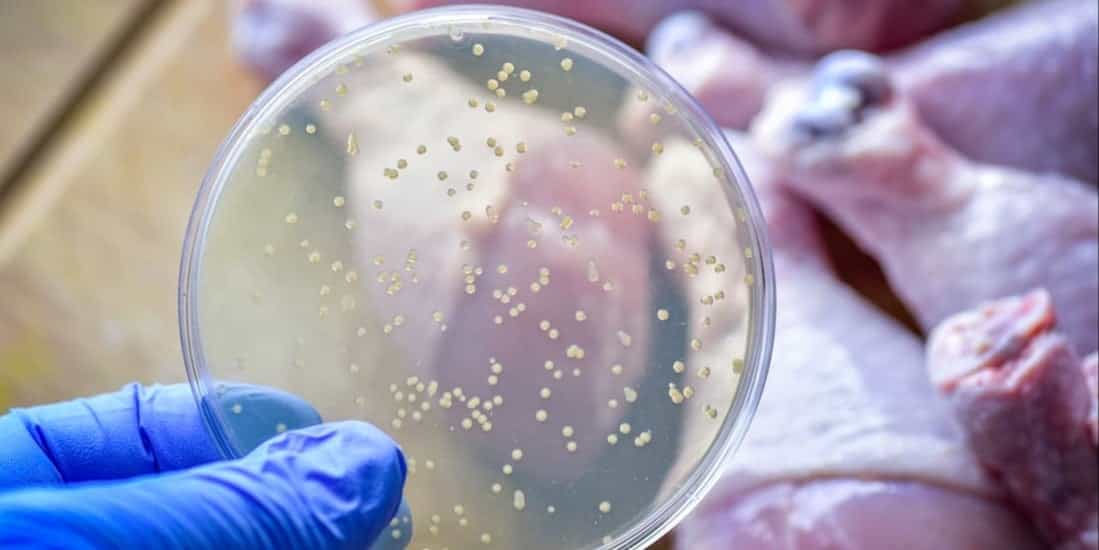
Food Safety Hazards The Ultimate Guide

Biological Hazards In Food Blog Integrated Food Projects

Possible Biological Hazards Associated With Occupations And Precautions Download Table
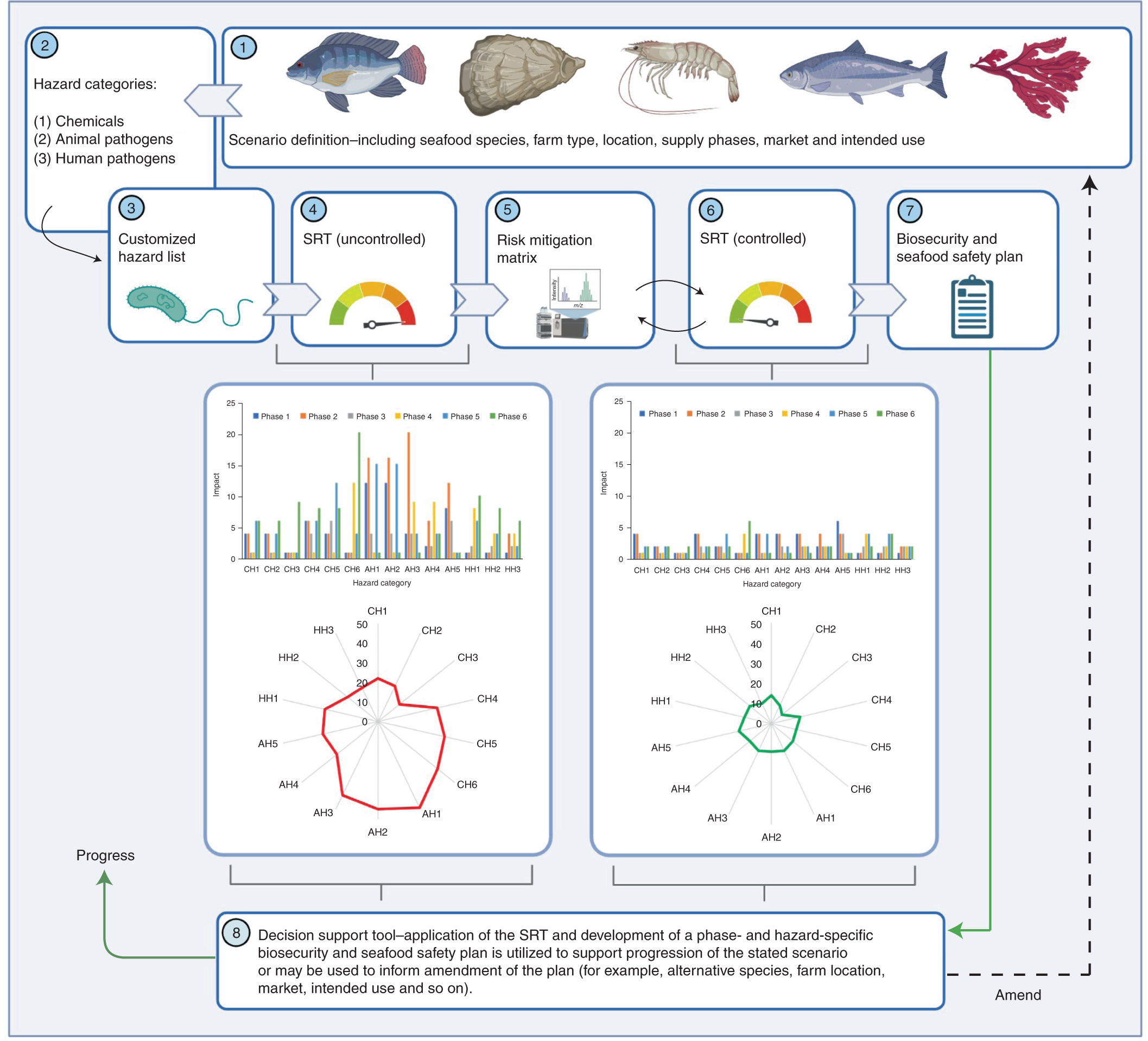
A Seafood Risk Tool For Assessing And Mitigating Chemical And Pathogen Hazards In The Aquaculture Supply Chain Nature Food

Classification Of Biological Hazards In A Food Product And Examples Download Table
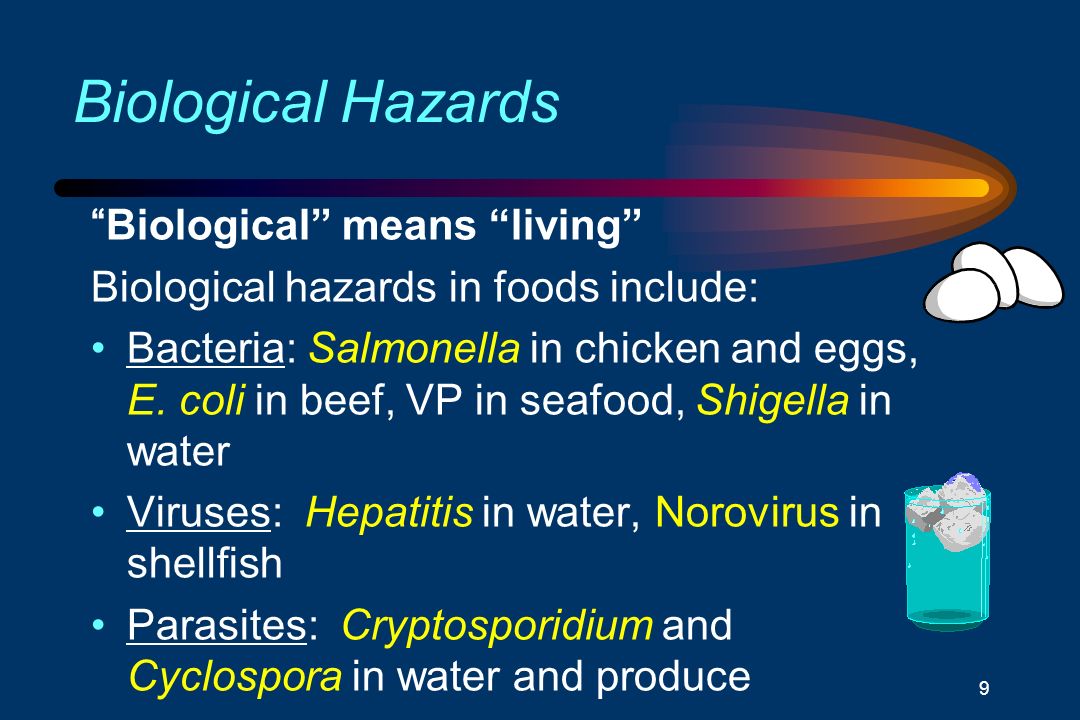
Understanding Haccp Module 1 Is Intended To Teach The Participant The Following Objectives Define Food Safety And Food Quality Define And Provide Examples Ppt Video Online Download
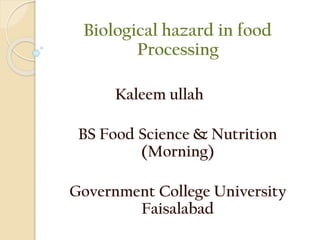
Biological Hazards In Food Processing

Hazards In The Food Processing Industry Graphic Products
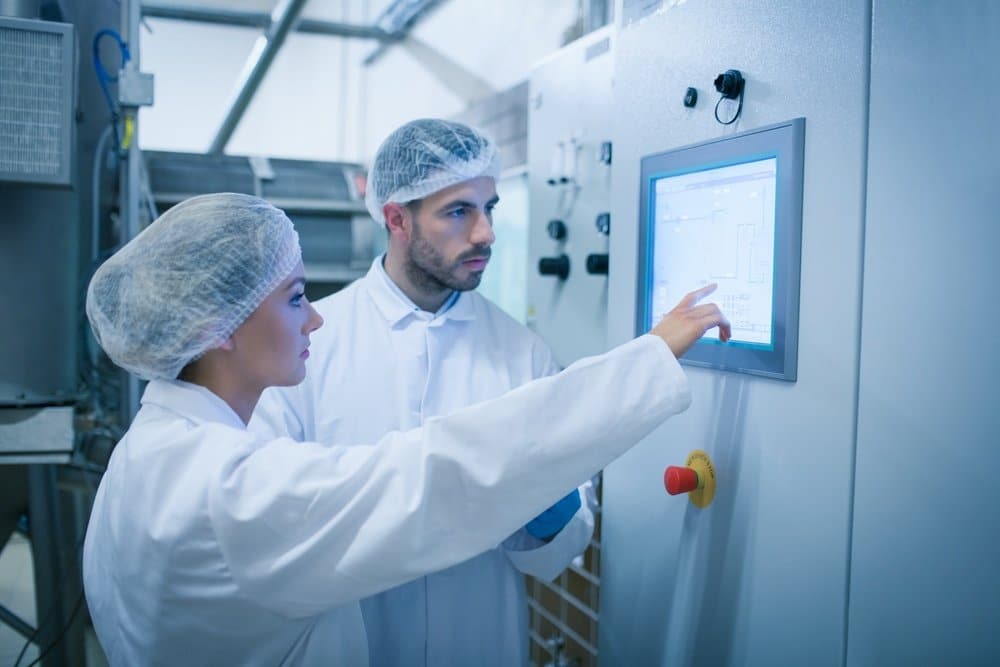
Common Hazards Food Processing Industry Workers Encounter Vector Solutions

Bakery Industry Processing Hazards Pmg Engineering
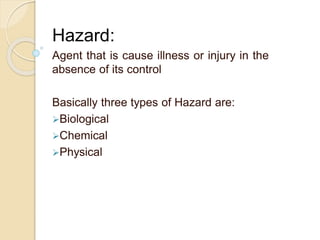
Biological Hazards In Food Processing

What Are The 4 Types Of Food Hazards Cruise Online
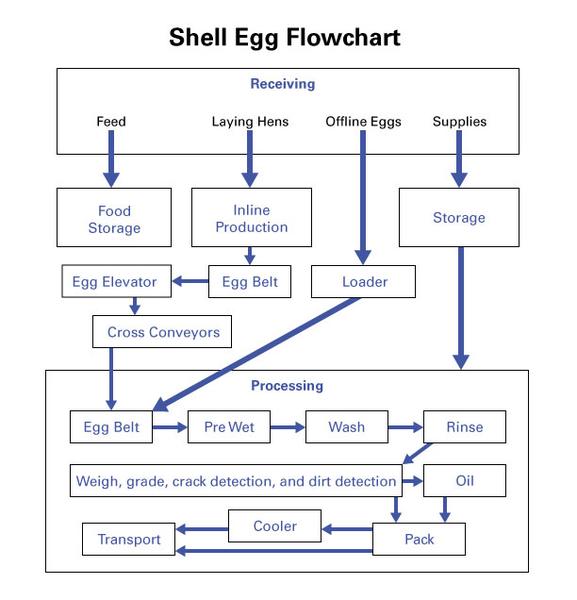
Designing A Hazard Analysis And Critical Control Point Haccp Plan For Shell Eggs Nc State Extension Publications
